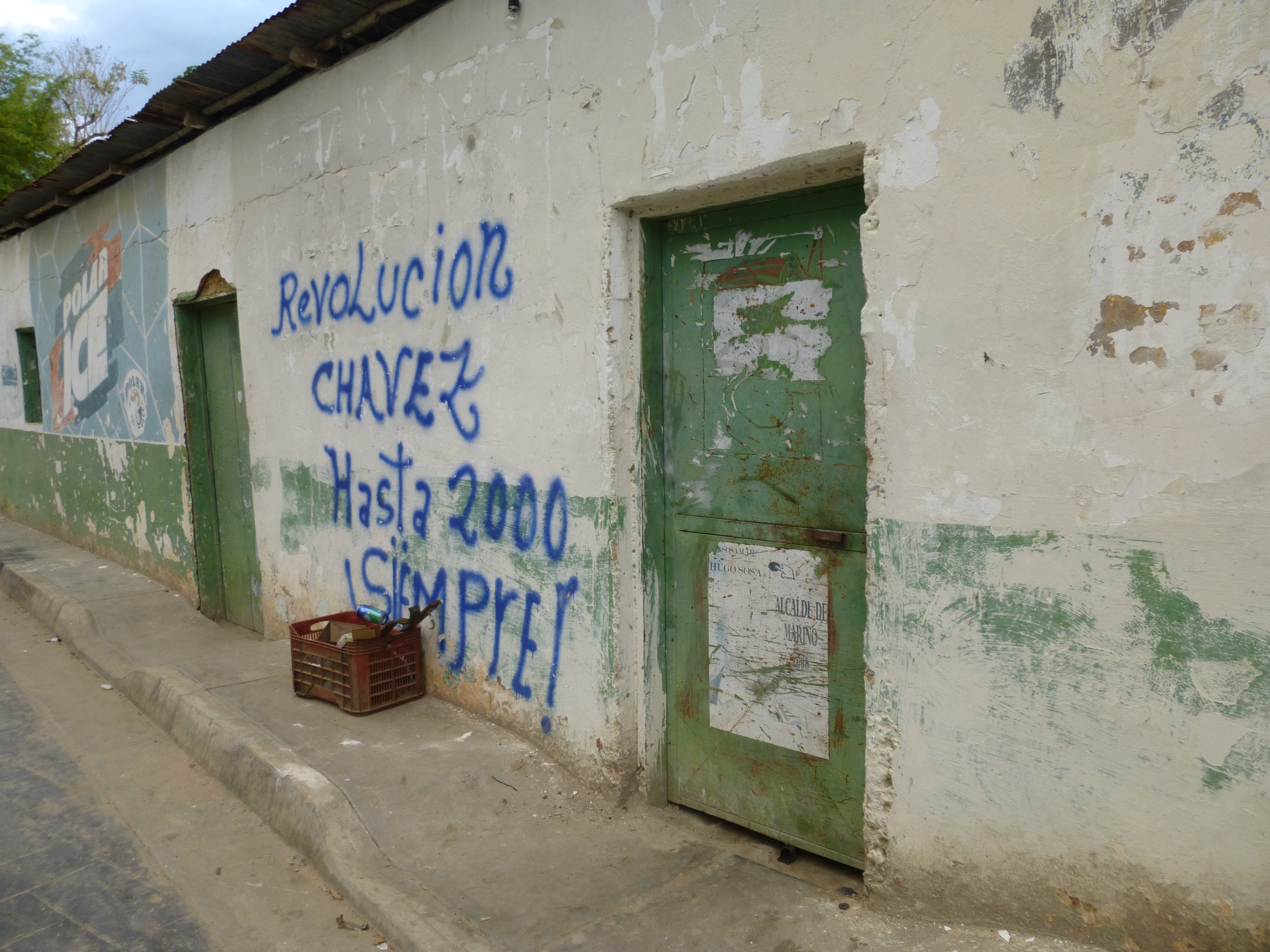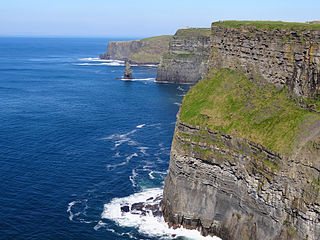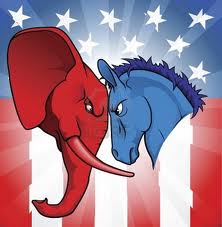
Travelling to the UK? On the Pain, Separation and Dehumanisation of Student Families from ‘High-Risk’ Countries
The violence and despair of the militarised and exclusionary immigration policies of ‘Fortress Europe’ have been well documented. Institutionalised racism combines with an openly hostile bureaucracy of ‘paper walls’. In the UK Home Office, officials are encouraged through a perk system that awards shopping vouchers to officials who decline the highest number of asylum applicants per month. In Fortress Europe: Dispatches from a Gated Continent, Matthew Carr (2012: 120) describes the immigration-media nexus in the UK as a ‘mutually reinforcing consensus between governments, the media and the public that invariably depicts immigration as an endless crisis [and undocumented migrants as] dangerous and dehumanised invaders massing outside the nation’s borders’

Security and the post-Chávez Bolivarian project: A Convenient Revolution for Free-riders?
With Venezuelan president Hugo Chávez’s death last week, the world has lost a flamboyant actor on the international stage. Yet the play seems to go on as usual. Radical change to Venezuela’s domestic and international politics is unlikely. Several polls indicate that interim president Nicolás Maduro will win the elections to be held on 14 April and his rhetoric suggests that he will continue Chávez’s policies. Even if Henrique Capriles, the opposition candidate, triumphs, he will not change policies overnight.
But while many have speculated about the implications for both advocates and opponents of Chávez’s Bolivarian Revolution, few have cared about those at the margins of it: the “free-riders” who do not necessarily endorse Chávez’s project, but for whom it has been a convenient platform to pursue their interests. This free-riding exists on the national, regional and international level and could provoke serious security threats for Venezuela and beyond if it continues to be ignored.

The Revolution Without Chávez: What are the likely scenarios?
The news of the death of Venezuela’s President, Hugo Chávez, has predictably received divergent responses from the international media. His passing was met with glee by opponents of Chávez – who claim that his presidency was characterised by personalism, economic mismanagement and autocratic leanings – and met with dismay by supporters of the President and the Bolivarian Revolution – who see the potential for the undermining of his legacy, the vast improvements in social indicators, the attempts to socialise the economy and the recovery of a left-wing alternative after thirty years of neoliberalism.
This polarisation of the international media reflects the political polarisation within Venezuela. While sections of the opposition partied in Miami, Chávez’s supporters filled plazas throughout Venezuela on Tuesday night and on Wednesday, thousands marched with the coffin on its journey to lie in state in the Military Academy.
What unites both points of view, though, is an appreciation of the pivotal role of President Chávez in leading the transformation of Venezuela since 1999. The most fundamental question, therefore, has to be whether the Bolivarian Revolution can survive without this key figure.

Clock is Ticking: Canada must show Arctic leadership
In 2013, the Canadian government’s attention will once again be focused on the Arctic. One immediate priority is the upcoming decision by members of Stephen Harper’s cabinet on how to conduct an environmental review for aproposal to develop the Izok Corridor in Nunavut.
The plan – put forward by a company headquartered in Australia, but which is a subsidiary of Chinese state-owned resource giant China Minmetals – could bring billions of dollars into the region through its production of an estimated 180,000 tonnes of zinc and 50,000 tonnes of copper a year.
Such production, however, is also slated to bring the development of substantial new infrastructure, including open-pit mines, roads, bridges, air-strips and ports, as well as a processing plant.

America’s Fiscal Cliff: The first of many?
The American president has signed the bill drafted by Democratic and Republican leaders, which allows the United States to avoid “fiscal cliff”. The solution adopted by the Congress does not, however, solve the problem, but only touches some of its elements (tax policies) and postpones dealing with the others (cuts in governmental spending) for a few weeks. So who won in this dramatic battle, fought late into the first night of the New Year? Choosing the winner depends on one’s point of view, but no matter the viewpoint we take, one thing seems to be certain – the national interest has lost.

Deepening Democracy, Deepening Divides: Can democracy and the international refugee regime coexist?
A report on deepening democracy released by the Global Commission on Elections, Democracy and Security recognised that the enfranchisement of displaced populations, including refugees, ‘is critical for ensuring the integrity of elections and the establishment of democracy’. But this statement belies a deeper interaction, and even conflict, between the international refugee regime and democracy.
What would ‘deepening democracy’ mean for the refugee regime? I suggest that strengthening democratic institutions could deepen divides between refugees and host communities. To ensure that the international refugee regime and democracy can successfully co-exist, we must think not just of deepening democracy, but of also balancing it with the rights of refugees.

A Choice Between Two Candidates — and a contest between two campaigns
Mitt Romney and Barack Obama not only have different blueprints for America. They also have different blueprints for their campaigns for President of the United States of America. Look for example at the four key elements of message (PR), money (fundraising), media (advertising), and mobilization (field operations/get-out-the-vote). The Obama re-election effort is, arguably to an even greater extent than David Plouffe has already acknowledged the 2008 campaign was, modeled on George W. Bush’s 2004 campaign: In terms of message, the goal is to paint Romney (then John Kerry) early as a man of questionable character unfit for the presidency, present Obama (Bush) as a man of principle who you may not like but who is doing what he believes is …
Inside the Libyan Street
Jason Pack and Andrea Khalil in Monday’s Wall St. Journal. Written in Benghazi, Libya– September 11th now signifies a national tragedy not only for the United States but also for Libya. The killing of Ambassador Christopher Stevens in Benghazi during last Tuesday’s attack on the U.S. mission has upset the delicate political transition from dictatorship to democracy that was unfolding here in Libya. It also has obscured parliament’s prudent selection last Wednesday evening of Mustafa Abushagour—a moderate Islamist and respected technocrat—as prime minister. Yet spontaneous street demonstrations throughout the week denouncing the attack and seeking to pressure the government to act against its perpetrators suggest that Libyans are determined to build an inclusive society, free from fear. On Wednesday night …









